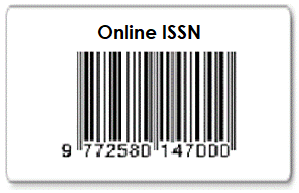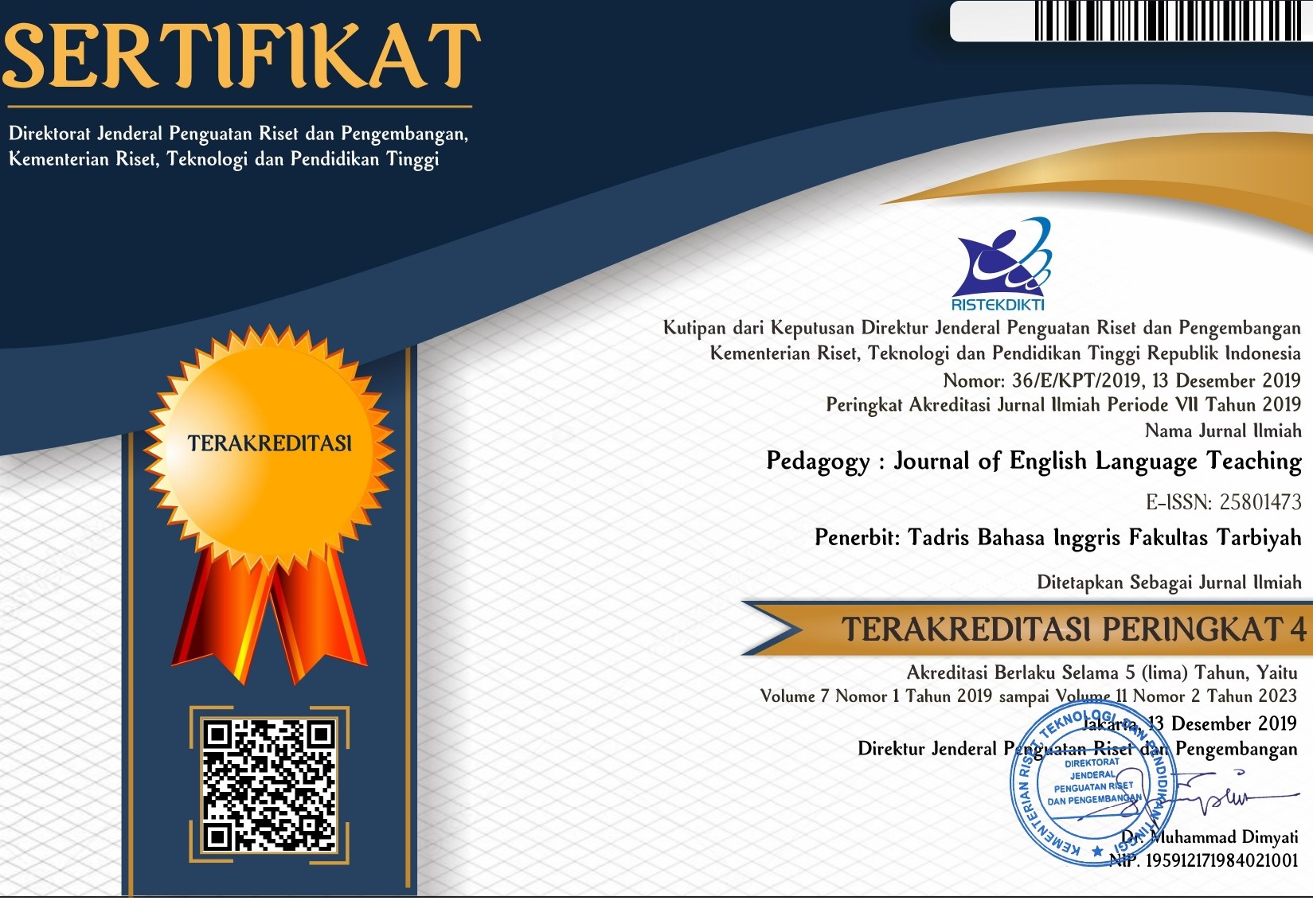An Islamic Literature as Reading Materials in Islam-Affiliated University
DOI:
https://doi.org/10.32332/joelt.v11i1.5676Keywords:
literature appreciation rate, Islamic literature, reading comprehension, reading materials, reading skillAbstract
This study aims to develop Islamic literature-based material for reading for English letter study program students. Moreover, this paper carried on research and development design (R&D) which was adopted and modified by Borg & Gall. The data were collected through questionnaires and observation. Qualitative data were analyzed using data reduction, data display, and drawing verification, and quantitative data analysis used Skala Likert analysis. The research participants consisted of lecturers and 20 students from the English Letters study program. The content of the book consists of the following components: the front cover, the introduction, the table of content, the cover text, the materials, references, and the writer. After the implementation of the revision from the expert, and the implementation of both preliminary and main field tests, the data show the student's responses to the Islamic literature-based reading materials designed were 3.72 average scores with a scale of 4, which includes it on a very good category. Then, the response for the literature appreciation rate is from 3.4 to 3.62 in the average score which is on a scale of 4 including the very good category, which means the Islamic literature-based reading materials have an effect on the literature appreciation rate. Therefore, Islamic literature-based reading material is worth applying to the students of the English Letters study program.
















